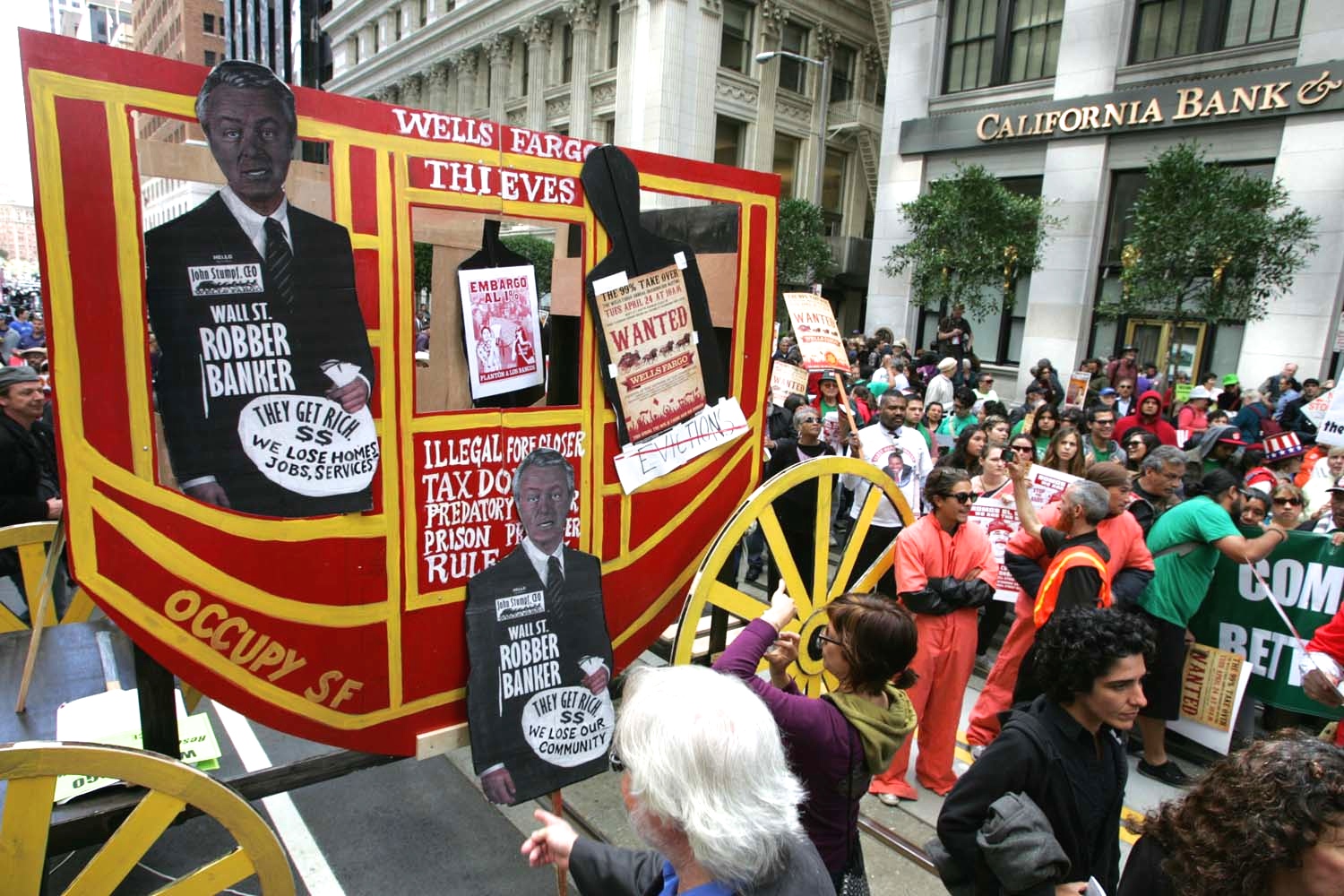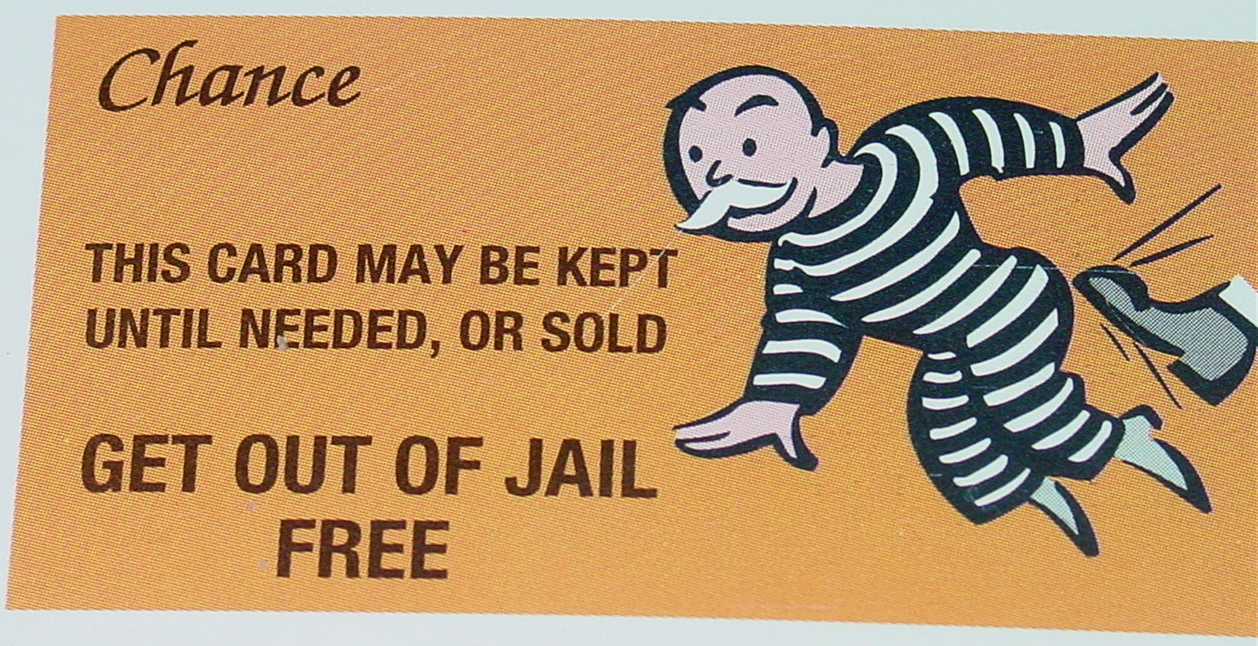
The acquisition of struggling Credit Suisse by its rival UBS may calm the international banking waters, but it will do nothing to improve the compliance profile of the Swiss financial services sector. That’s because both Credit Suisse and UBS have seriously tainted records. Combining them will simply put all those problems under one roof.
Let’s start with Credit Suisse. Its problems extend back at least to the late 1980s, when it was named as one of the banks that allegedly laundered money for a Turkish-Lebanese drug ring. Credit Suisse also played a role in the Reagan Administration’s Iran/Contra scandal.
In the 1990s Credit Suisse was one of the Swiss banks sued in the United States by relatives of Holocaust victims who had been unable to access assets held by the banks for decades. There were also charges that the banks profited by receiving deposits of funds that had been looted by the Nazis. In 1998 the banks agreed to pay a total of $1.25 billion in restitution. The judge in the case later accused the banks of stonewalling in paying out the settlement.
After it acquired a controlling interest in First Boston in the late 1980s and formed CS First Boston, Credit Suisse ended up with more U.S. legal entanglements. CSFB was a target of U.S. divestment activists in the early 1990s because of Credit Suisse’s operations in apartheid-era South Africa. Later that decade, it was one of the investment banks sued for their role in the 1994 bankruptcy of California’s Orange County. In 1998 CSFB agreed to pay $870,000 to settle SEC charges of having misled investors in Orange County bonds and then settled a suit brought against it by the county for $52.5 million.
In 2003, CSFB was one of ten major investment firms that agreed to pay a total of $1.4 billion to settle federal and state charges involving conflicts of interest between their research and investment banking activities. CSFB’s share was $200 million.
In 2009 Credit Suisse agreed to forfeit $268 million to the United States and $268 million to the New York County District Attorney’s Office to resolve criminal charges that it violated economic sanctions in its dealings with customers from countries such as Iran and Sudan.
In 2014 the U.S. Justice Department fined Credit Suisse $1.1 billion and ordered it to pay $666 million in restitution to the IRS after the bank pleaded guilty to charges of conspiring to help U.S. customers evade taxes through the use of offshore accounts.
In 2017 the Justice Department announced a $5.3 billion settlement with Credit Suisse concerning its marketing of toxic mortgage-backed securities a decade earlier. The settlement included a $2.5 billion civil penalty and $2.8 billion in relief to distressed homeowners and affected communities.
Credit Suisse has paid hundreds of millions more in penalties in other cases involving foreign bribery, foreign exchange market manipulation, defrauding investors and much more. Its penalty total in Violation Tracker is more than $11 billion.
And the scandals continue. For example, Credit Suisse is currently embroiled in a corruption case involving the tuna fishing industry in Mozambique.
UBS has a record that is no better. Union Bank of Switzerland and Swiss Bank Corporation, which merged in 1998 to form UBS, were both involved in that same money laundering scandal with Credit Suisse. They were both also embroiled in controversies over investments in South Africa and their polices regarding the accounts of Holocaust victims.
UBS also entered the U.S. market (through the purchase of PaineWebber) and was implicated in the conflict-of-interest scandals. It, too, was prosecuted by the Justice Department for conspiring to aid tax evasion, paying $780 million in penalties.
In 2008 UBS agreed to buy back $11 billion in securities and pay $150 million in penalties as part of the resolution of multi-state litigation alleging it misled customers in the marketing and sale of auction rate securities.
It has paid hundreds of millions more in fines and settlements in cases dealing with financial market manipulation and other offenses. Including that $11 billion securities buyback, its Violation Tracker penalty total is over $17 billion.
In short, the marriage of UBS and Credit Suisse will bring together two banks with highly problematic records. The combined company should work not only to help stabilize financial markets but also to address its legacy of misconduct.
 Ten years ago this month, the financial crisis erupted, and within a matter of weeks the banking landscape was transformed. Merrill Lynch was taken over by Bank of America. Lehman Brothers collapsed. AIG had to be bailed out by the federal government. Goldman Sachs and Morgan Stanley, the last two independent investment houses, were forced to become bank holding companies subject to stricter regulation. JPMorgan Chase took over Washington Mutual. Congress was compelled to create the $700 billion Troubled Asset Relief Program.
Ten years ago this month, the financial crisis erupted, and within a matter of weeks the banking landscape was transformed. Merrill Lynch was taken over by Bank of America. Lehman Brothers collapsed. AIG had to be bailed out by the federal government. Goldman Sachs and Morgan Stanley, the last two independent investment houses, were forced to become bank holding companies subject to stricter regulation. JPMorgan Chase took over Washington Mutual. Congress was compelled to create the $700 billion Troubled Asset Relief Program. The Justice Department and the federal regulatory agencies have been less than energetic in prosecuting corporate crime and misconduct lately, so it was interesting to see the DOJ
The Justice Department and the federal regulatory agencies have been less than energetic in prosecuting corporate crime and misconduct lately, so it was interesting to see the DOJ  Donald Trump likes to give the impression that he has made great strides in dismantling regulation. While there is no doubt that his administration and Republican allies in Congress are targeting many important safeguards for consumers and workers, the good news is that those protections in many respects are still alive and well.
Donald Trump likes to give the impression that he has made great strides in dismantling regulation. While there is no doubt that his administration and Republican allies in Congress are targeting many important safeguards for consumers and workers, the good news is that those protections in many respects are still alive and well. For months the news has been filled with reports of suspicious meetings between Trump associates and Russian officials. Another category of meetings also deserves closer scrutiny: the encounters between Trump himself and top executives of scores of major corporations since Election Day. What do these companies want from the new administration?
For months the news has been filled with reports of suspicious meetings between Trump associates and Russian officials. Another category of meetings also deserves closer scrutiny: the encounters between Trump himself and top executives of scores of major corporations since Election Day. What do these companies want from the new administration? Trump’s travel ban and his rightwing Supreme Court pick are troubling in themselves, but they are also serving to deflect attention away from the plot by the administration and its Republican allies to undermine the regulation of business.
Trump’s travel ban and his rightwing Supreme Court pick are troubling in themselves, but they are also serving to deflect attention away from the plot by the administration and its Republican allies to undermine the regulation of business. $335 billion: that’s what has been paid by companies in fines or settlements in cases brought by federal agencies and the Justice Department during the Obama Administration. The estimate comes from the amounts associated with entries already in
$335 billion: that’s what has been paid by companies in fines or settlements in cases brought by federal agencies and the Justice Department during the Obama Administration. The estimate comes from the amounts associated with entries already in  Over the past few years, the Justice Department and state prosecutors have collected tens of billions of dollars in fines and settlements from large banks in a series of cases stemming from fraudulent practices in the period leading up to the financial meltdown of 2008.
Over the past few years, the Justice Department and state prosecutors have collected tens of billions of dollars in fines and settlements from large banks in a series of cases stemming from fraudulent practices in the period leading up to the financial meltdown of 2008. The Big Short movie and the Bernie Sanders presidential campaign are not the only things reminding us about the role of bank misconduct in the financial meltdown. Federal and state prosecutors are continuing to wrap up cases brought against the main culprits.
The Big Short movie and the Bernie Sanders presidential campaign are not the only things reminding us about the role of bank misconduct in the financial meltdown. Federal and state prosecutors are continuing to wrap up cases brought against the main culprits. For a long time the big financial institutions of the United States had an unrelenting urge to grow bigger. Acting on the principle that only the big would survive, banks and related entities spent the 1990s and the early 2000s gobbling up one another at a furious pace. The result was a small group of mega-institutions such as Citigroup and Bank of America that nearly brought down the whole financial system in 2008.
For a long time the big financial institutions of the United States had an unrelenting urge to grow bigger. Acting on the principle that only the big would survive, banks and related entities spent the 1990s and the early 2000s gobbling up one another at a furious pace. The result was a small group of mega-institutions such as Citigroup and Bank of America that nearly brought down the whole financial system in 2008.
You must be logged in to post a comment.